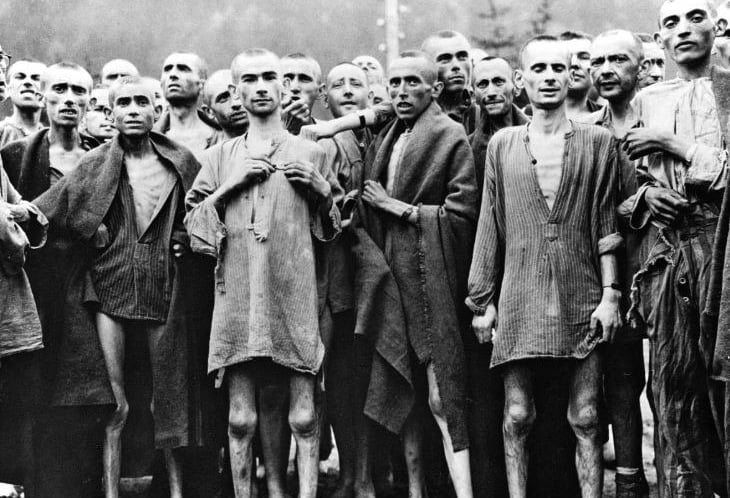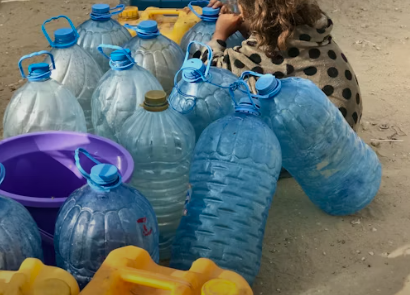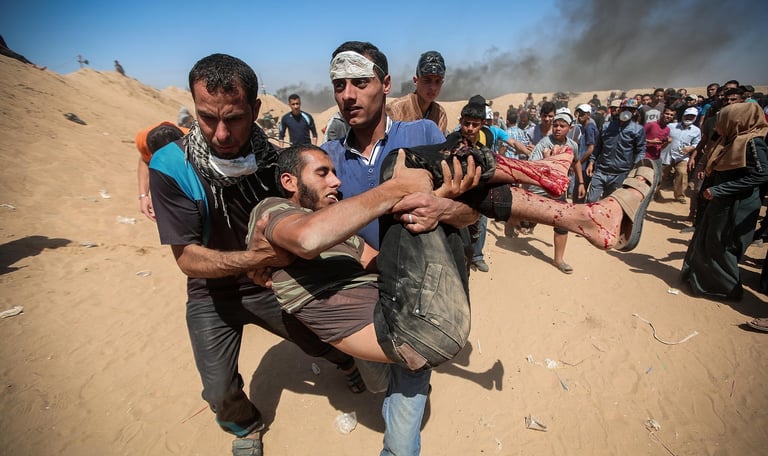Definitions
“To misname things is to add to the world’s misfortune.” Albert Camus


The word was born from the Holocaust, carrying a weight no one can ignore. Yet debates over “intent” and “scale” stall justice, as if humanity can’t act until every lawyer agrees on the footnotes. Powerful states exploit this ambiguity—it’s their get-out-of-jail-free card, a way to look “principled” while dodging blame.
Meanwhile, the number of civilian victims rise each day, waiting for the world to stop arguing semantics, name their suffering, and condemn perpetrators. So here we are again: atrocity unfolding while the international community pretends it still can’t find the right word.


Crimes against humanity aren’t hiding in Gaza—they’re being livestreamed! Mass killings, starvation, forced displacement: an entire population under fire. The receipts are all there.
Justice gets delayed, detoured, or straight-up hijacked by politics.
And every day of silence isn’t neutrality—it’s another layer of suffering for Palestinians.


